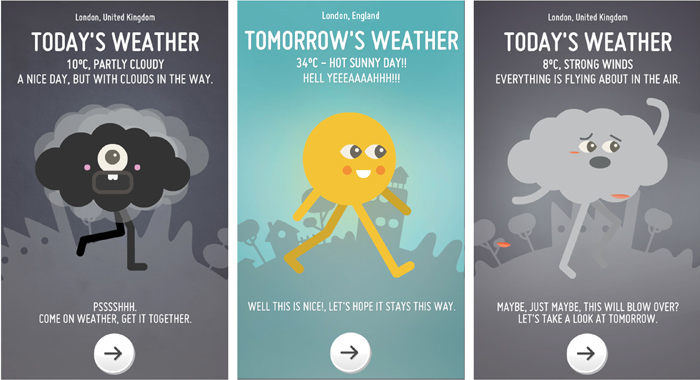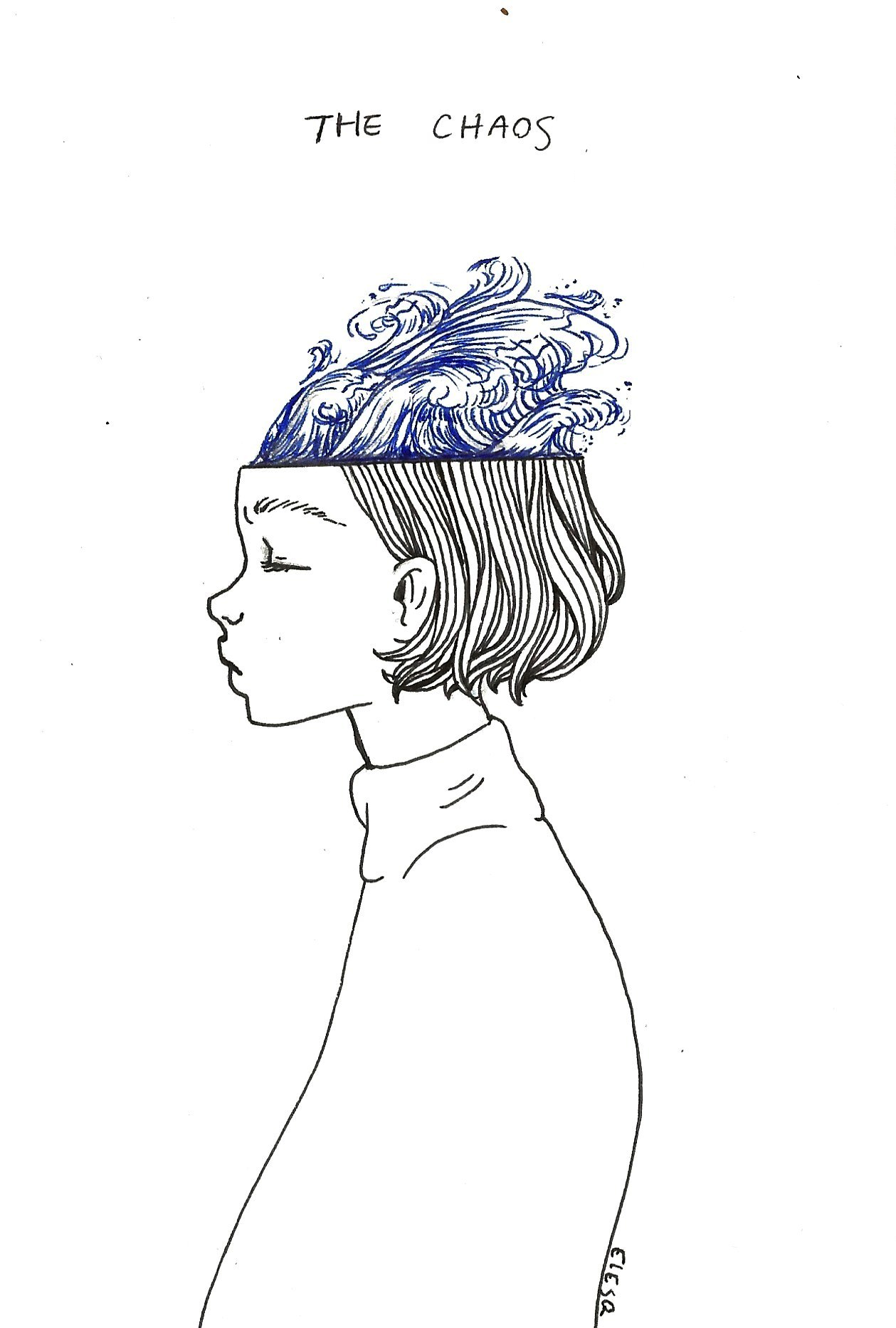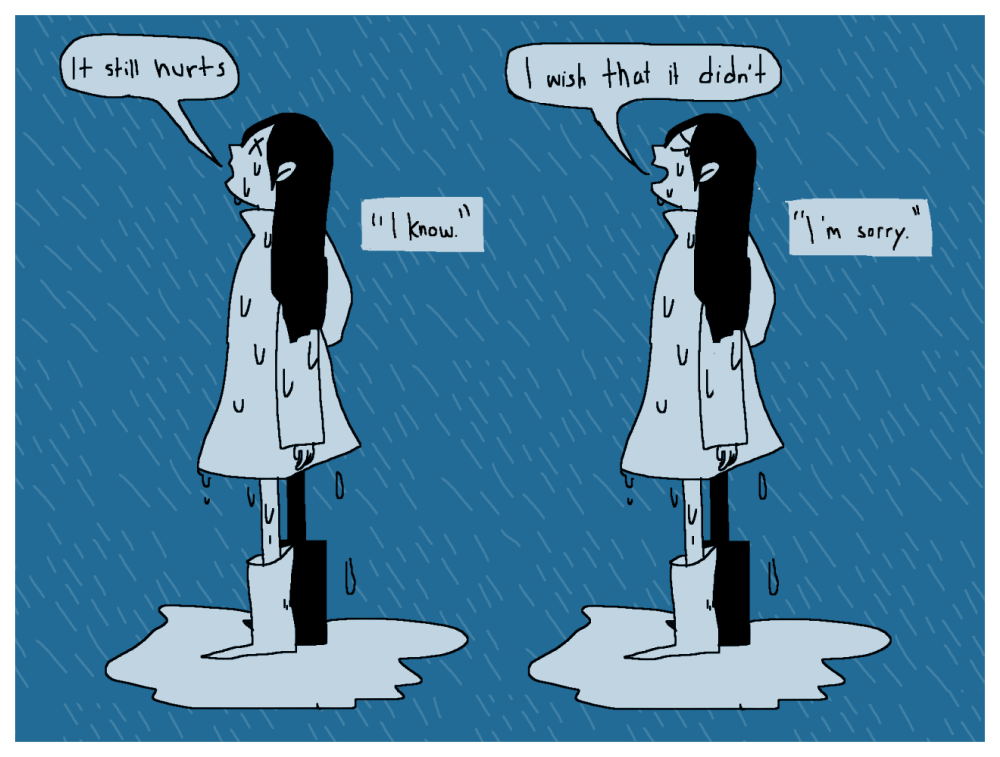Earth screams for water. While certain motifs such as water and nature coincide with the following lines, voices come into the picture as well. To provide an image of what the thunder says in this stanza, 
 depicts a powerful comparison between the past and present. Mother nature uses their voice in the Waste Land to communicate their own pain and slow but impactful decay to the reader.
depicts a powerful comparison between the past and present. Mother nature uses their voice in the Waste Land to communicate their own pain and slow but impactful decay to the reader.
In an article I found online (http://www.nytimes.com/2015/08/21/science/climate-change-intensifies-california-drought-scientists-say.html?_r=0) the writer claims, “Rising temperatures dry the soil faster and cause more rapid evaporation from streams and reservoirs, so they did not need any research to tell them that the drought was probably worse because of the warming trend over the past century.” While the sound of water makes a sound similar to line 357 “drop drop drip drop”, the Waste Land T.S. Eliot describes ironically has no water at all. As a result, thunder communicates the possible outcomes of what rain or water can bring. An emphasis on rain from thunder allows for rebirth and rejuvenation. As temperatures continue to rise like the article mentions, the earth and thunder scream at the top of their lungs for the attention they deserve. While their cries remain unheard, the drought continues to worsen.
However, weather manages to break promises and still brings no water to bear. The thunder lies, in a similar notion to a weather man incorrectly describing the weather.  Without rain, this allows for no chance of rebirth or rejuvenation. The thunder continues to lie, in order to encapsulate the "dry, sterile" the world is currently living in.
Without rain, this allows for no chance of rebirth or rejuvenation. The thunder continues to lie, in order to encapsulate the "dry, sterile" the world is currently living in.

 depicts a powerful comparison between the past and present. Mother nature uses their voice in the Waste Land to communicate their own pain and slow but impactful decay to the reader.
depicts a powerful comparison between the past and present. Mother nature uses their voice in the Waste Land to communicate their own pain and slow but impactful decay to the reader. Without rain, this allows for no chance of rebirth or rejuvenation. The thunder continues to lie, in order to encapsulate the "dry, sterile" the world is currently living in.
Without rain, this allows for no chance of rebirth or rejuvenation. The thunder continues to lie, in order to encapsulate the "dry, sterile" the world is currently living in.
